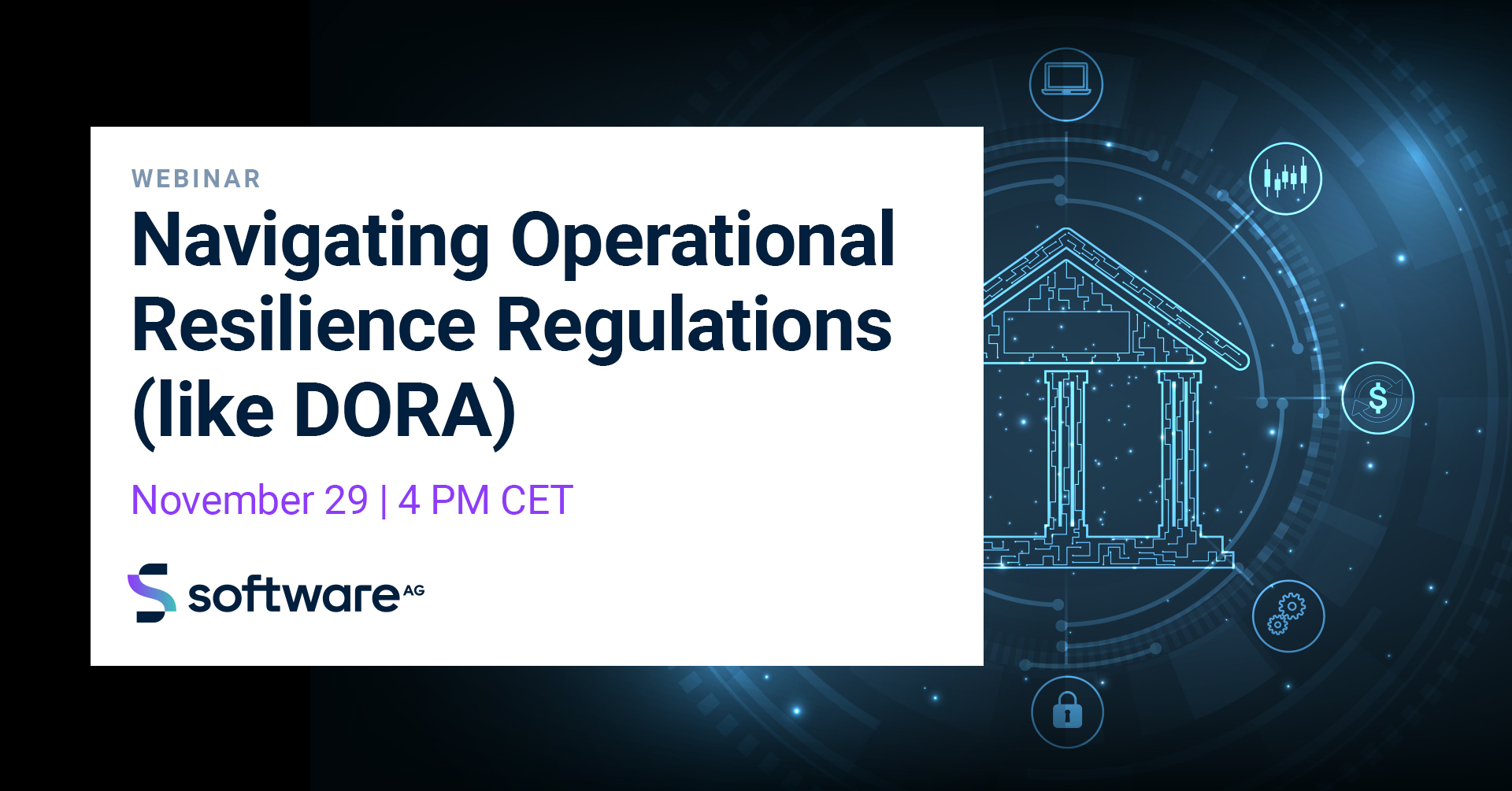
It’s not news that companies are constantly facing regulatory changes. The implementation of these new regulations is always driven by current events or challenges. Looking back at the past years it’s no wonder that regulations for operational resilience are on the rise worldwide. Companies have more and more been confronted with unforeseen events like the Covid pandemic, war, inflation, supply chain issues, and cyber-attacks. The problem with these incidents is that they are not predictable and probably mostly not avoidable.
But this doesn’t mean that companies can only surrender to their fate. They can take measures to prepare for the unpredictable, what makes them more resilient and helps them to better recover from incidents. Like the starship Enterprise they can build and use a shield to protect themselves against unpredictable threats.
This is where the new regulations for operational resilience come into play. While their name and details may vary over the globe, they all have the same goal. One example from the EU is the Digital Operational Resilience Act (DORA) that affects financial services institutions within the EU. DORA targets information, communication, and technology (ICT) risks and will be effective as of January 2025. DORA requires financial services to control their ICT risks based on five pillars:
- ICT risk management
- ICT incident report
- Test on digital resilience
- ICT risk third party
- Exchange of information
While the January 2025 deadline still seems to be far away, financial institutions should start early with their compliance preparations, especially as the threat itself is present. So banks and insurance companies should have an intrinsic motivation to fulfill their obligations and make their protective shield mission capable.
To learn more about operational resilience and the upcoming regulations, join are webinar on 29th of November: Unlocking Compliance: Navigating Operational Resilience Regulations (like DORA)
You will also learn how ARIS and Alfabet will help you to become operationally resilient.







